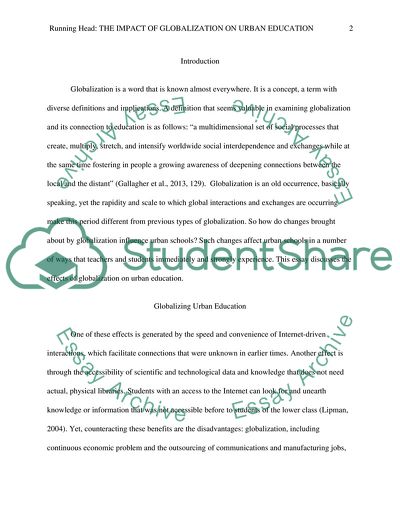Cite this document
(The Impact of Globalization on Urban Education Essay, n.d.)
The Impact of Globalization on Urban Education Essay. https://studentshare.org/education/1851749-golbalization
The Impact of Globalization on Urban Education Essay. https://studentshare.org/education/1851749-golbalization
(The Impact of Globalization on Urban Education Essay)
The Impact of Globalization on Urban Education Essay. https://studentshare.org/education/1851749-golbalization.
The Impact of Globalization on Urban Education Essay. https://studentshare.org/education/1851749-golbalization.
“The Impact of Globalization on Urban Education Essay”. https://studentshare.org/education/1851749-golbalization.


